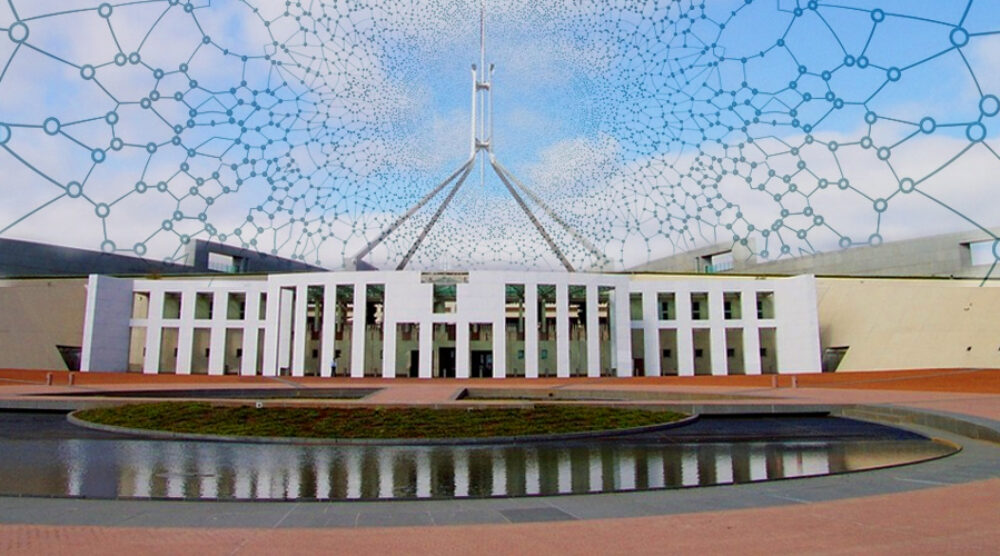Most now agree that Russia interfered in the 2016 US presidential election, using social media manipulation to support its preferred candidate. In Australia, China has been engaging in old-fashioned influence operations.
To address concerns about interference, the Australian Electoral Commission is sharply upgrading its cybersecurity measures and installing new computer systems. Politicians are ramping up their monitoring and the parliament has passed new laws to deal with China’s activities. There remains, however, another less obvious threat to Australia’s foreign and defence policymaking.
Future governments are likely to face external online interference from state or non-state groups when trying to persuade Australians of the need to take military action overseas. This shift to a contested social environment reflects a revitalised appreciation of the importance of individual and collective views within society to the nation’s ability to defend itself. ‘The people’ are now being seen by some outside Australia as a centre of gravity that may be exploited to win future conflicts, potentially without any fighting at all.
Please click here to read the full “Non-technical measures can help reduce Australia’s vulnerability to foreign influence” article at The Strategist, written by Griffith Asia Institute Visiting Fellow, Dr Peter Layton.








